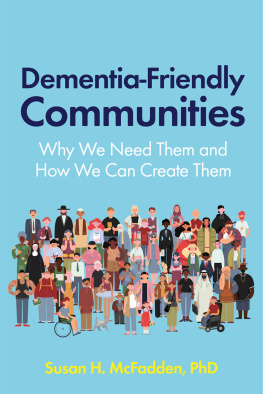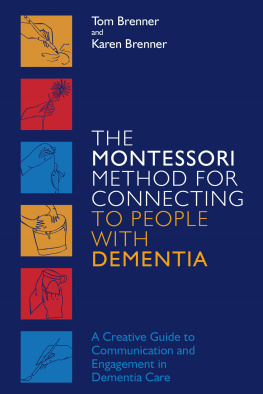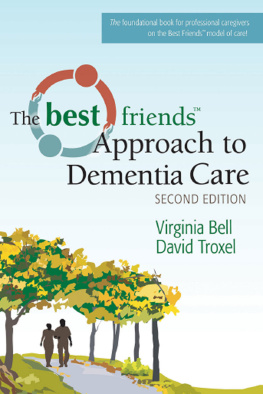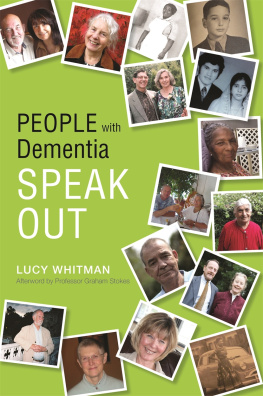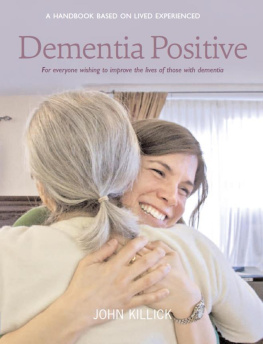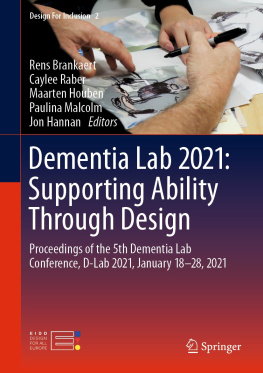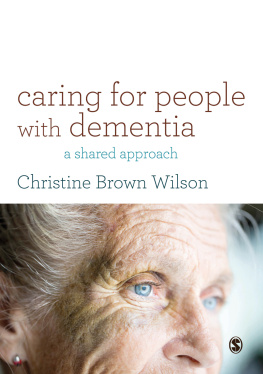Susan McFadden - Dementia-Friendly Communities: Why We Need Them and How We Can Create Them
Here you can read online Susan McFadden - Dementia-Friendly Communities: Why We Need Them and How We Can Create Them full text of the book (entire story) in english for free. Download pdf and epub, get meaning, cover and reviews about this ebook. City: London, year: 2020, publisher: Jessica Kingsley Publishers, genre: Science. Description of the work, (preface) as well as reviews are available. Best literature library LitArk.com created for fans of good reading and offers a wide selection of genres:
Romance novel
Science fiction
Adventure
Detective
Science
History
Home and family
Prose
Art
Politics
Computer
Non-fiction
Religion
Business
Children
Humor
Choose a favorite category and find really read worthwhile books. Enjoy immersion in the world of imagination, feel the emotions of the characters or learn something new for yourself, make an fascinating discovery.
- Book:Dementia-Friendly Communities: Why We Need Them and How We Can Create Them
- Author:
- Publisher:Jessica Kingsley Publishers
- Genre:
- Year:2020
- City:London
- Rating:4 / 5
- Favourites:Add to favourites
- Your mark:
Dementia-Friendly Communities: Why We Need Them and How We Can Create Them: summary, description and annotation
We offer to read an annotation, description, summary or preface (depends on what the author of the book "Dementia-Friendly Communities: Why We Need Them and How We Can Create Them" wrote himself). If you haven't found the necessary information about the book — write in the comments, we will try to find it.
Creating dementia-friendly communities can give people with dementia the chance to continue meaningful lives with reciprocal personal relationships. Underpinning successful dementia-friendly communities is an awareness of people with dementia as active citizens and the importance of supporting engagement in community life.
This book offers an overview of the dementia-friendly communities movement, showing the many benefits of this approach. It describes community initiatives from across the globe, such as Dementia Friends, memory cafes, and creative engagement with the arts through organizations like TimeSlips. This compassionate book tells another story about dementia, away from negative stereotypes. This alternative approach claims people can retain a sense of dignity, hold onto hope, sustain meaningful relationships, and live with a sense of purpose with support from their communities.
Susan McFadden: author's other books
Who wrote Dementia-Friendly Communities: Why We Need Them and How We Can Create Them? Find out the surname, the name of the author of the book and a list of all author's works by series.

